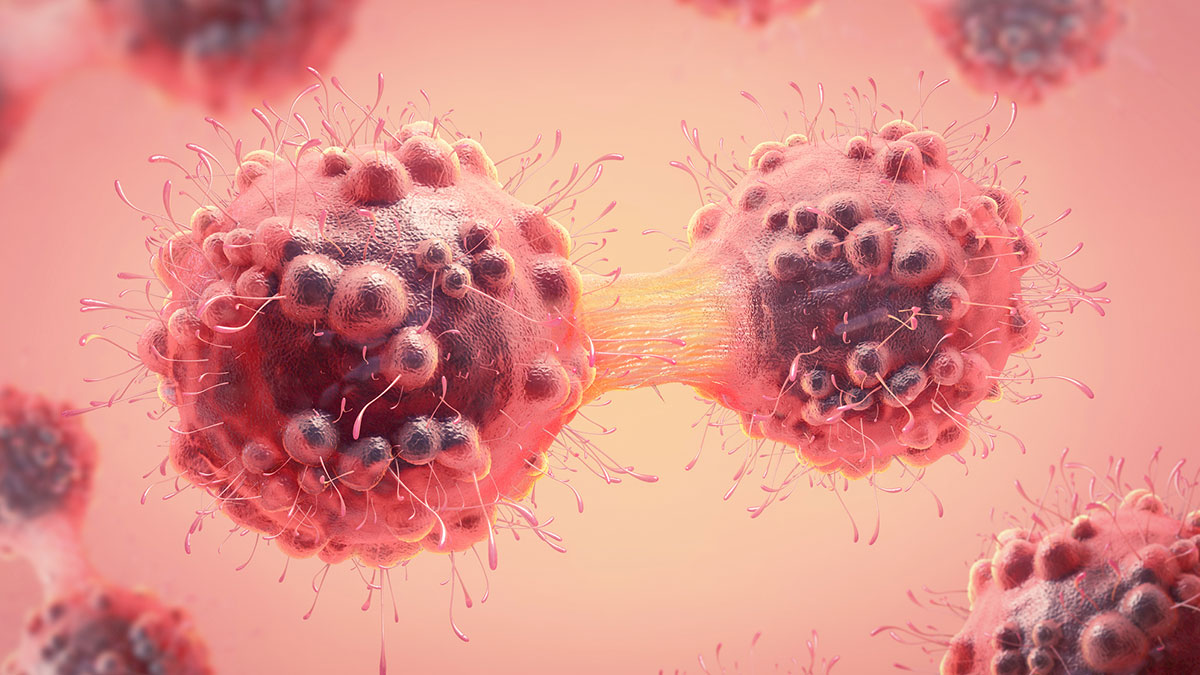Immunomedics wows ESMO with breast cancer data reveal

Immunomedics has revealed the trial data that convinced Gilead to stage a $21 billion takeover, after the biotech’s Trodelvy significantly extended survival in patients with tough-to-treat triple negative breast cancer.
In April, Trodelvy was conditionally approved in the US in triple-negative breast cancer (TNBC) on the basis of a phase 1/2 study, which showed a response rate of 33%.
But the FDA requires survival data for a full approval, and this is what Immunomedics announced at the European Society for Medical Oncology (ESMO).
Data from the phase 3 ASCENT study showed Trodelvy (sacituzumab govitecan) significantly extended overall survival (OS) and improved overall response rate (ORR) and clinical benefit rate (CBR), compared with standard chemotherapy in TNBC patients with brain metastases treated with at least two therapies.
The 500-plus patients in ASCENT had received a median of four previous anticancer treatments, but Trodelvy significantly improved OS with a median of 12.1 months, compared with 6.7 months in patients treated with chemotherapy.
Trodelvy also demonstrated a statistically significant improvement in ORR (35%) and CBR (45%) compared to chemotherapy (5% and 9%, respectively).
Ten complete responses were observed (4%) in the Trodelvy arm compared with two (1%) in the control group.
As of data cutoff on March 11, 2020, 15 patients continued to receive Trodelvy treatment while no patient remained on study in the control arm.
There were no bad surprises in terms of safety, and adverse events leading to treatment discontinuation were 4.7% in the Trodelvy arm, compared with 5.4% in the chemotherapy arm.
Trodelvy is an antibody-drug conjugate (ADC) that works by latching onto a protein called TROP-2 that is found on cancer cells in triple-negative breast cancer and killing them with a toxic payload.
While it may have competition in the longer-term from AstraZeneca and Daiichi Sankyo, who are developing a rival ADC, for now it does not have a direct competitor from the same class in TNBC.
Roche’s Tecentriq was FDA-approved in TNBC last year and the big Swiss pharma had new data from the PD-L1 immunotherapy in patients at different stages of the disease
Data from the phase 3 IMpassion031 study demonstrated that Tecentriq in combination with chemotherapy improved pathological complete response for patients with early TNBC, when compared to placebo plus chemotherapy.
Roche also had data from the phase 3 IMpassion130 study, which confirmed data from previous interim analyses in patients whose tumours expressed the PD-L1 biomarker and were treated with Tecentriq plus nab-paclitaxel.
However the phase 3 IMpassion131 study in first-line TNBC failed to meet its primary endpoint of progression-free survival compared with placebo plus paclitaxel.
Worse, there was a negative trend in overall survival although the study was not powered to test this goal.













